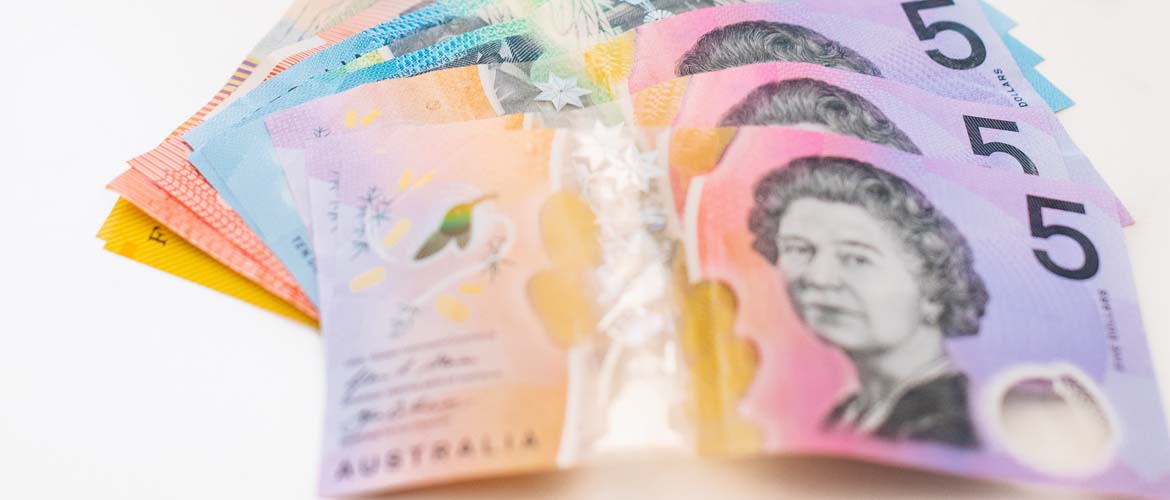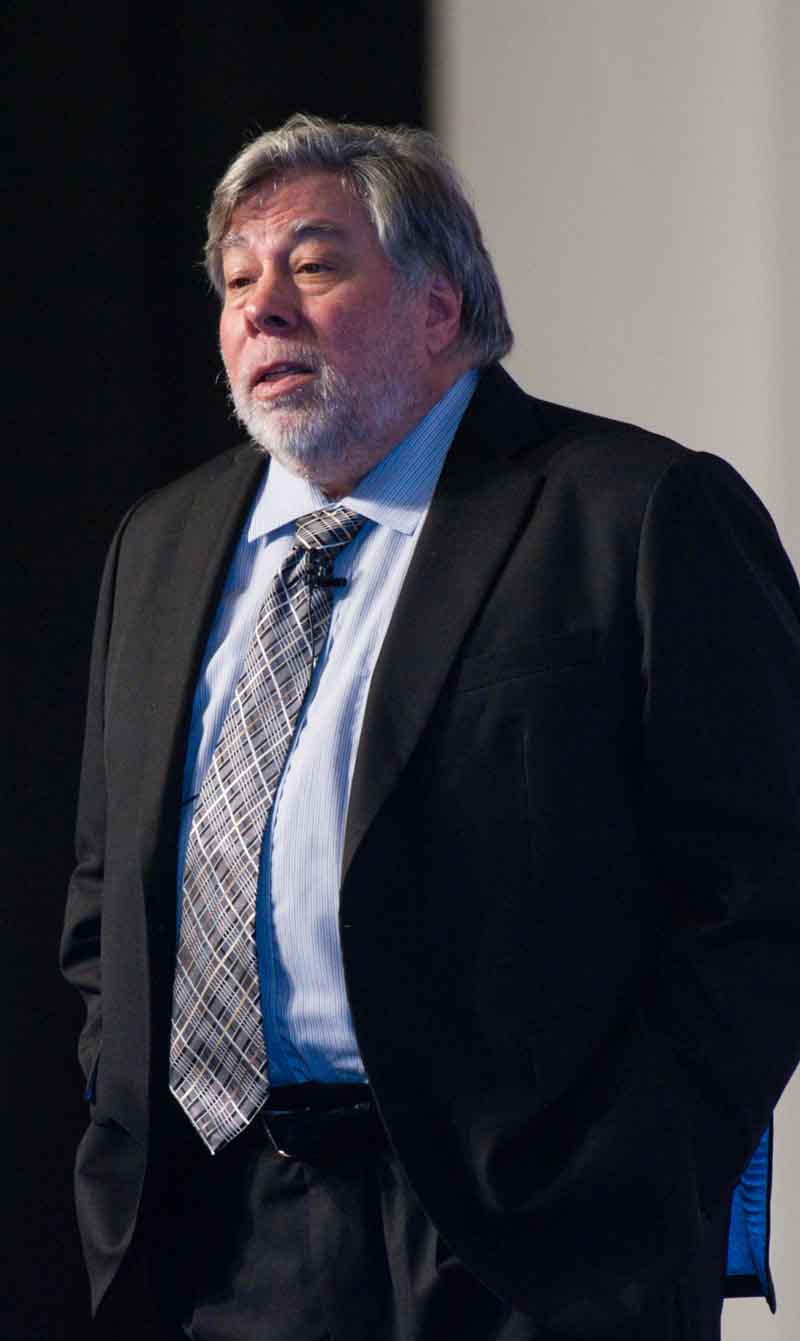Prospects and challenges of Islamic finance in Australia
As Islamic finance continues to gain traction in key non-Muslim markets outside of the Middle East North Africa and South Asia (MENASA) regions, Islamic finance in Australia is proving to be a test case for product innovation, growth and reach of the emerging global industry.
Tentative first steps were undertaken with the establishment of the Victoria based Muslim Community Cooperative of Australia (MCCA) in 1989 and gathered strength immediately following the Global Financial Crisis of 2007 – 2009, when varying shariah compliant products were rolled out in the Australian marketplace. From a performance and return perspective, these have registered value for users and intermediaries alike, but much work remains undone in attaining the twin objectives of scale and embedding shariah compliant practices within the fabric of Australia’s financial architecture.
Range of compliant products
Indeed, Islamic finance down under remains embryonic especially when compared with more progressive western jurisdictions such as the United Kingdom. The country lacks a single shariah compliant deposit taking financial institution. More importantly, the range of permissible products available via existing providers remains rather limited, centred primarily on home finance solutions or different types of investment products including shariah compliant superannuation schemes and Islamic funds.
A 2016 study by the Islamic Financial Services Council of Australia (IFSCA), a local industry body and advocacy group, did find that Islamic finance providers down under (survey respondents included IFSCA members and non-members) intended ‘to offer new products to the market and organically expand their businesses’ (source: Islamic Finance News, 2017). This is a welcome sign and reflective of an ambitious and entrepreneurial mindset that should move beyond catering to the needs of the Muslim community but to all Australians.
With that in mind, Islamic finance service providers in the country should look to expand their product offerings beyond retail while also enlarging their target segment. A rethink of the business model as a market entry strategy should also be considered.
The credit union model
Australia’s financial services industry is fortunate to boast of numerous well-established credit unions predominantly based in the state of South Australia. Member owned and operating on the core principle of ‘people helping people’, credit unions are most closely aligned with the values of social justice enshrined within Islamic finance. What is of particular value, is the role credit unions play in not only supporting local communities in which they operate, but in ensuring that product development and services are aligned with the needs of its clients or members who are the real owners.
Given this backdrop and fallout from the ongoing Royal Commission in the Misconduct in the Banking, Superannuation and Financial Services Industry there’s an opportunity for alternate and new providers to expand within the Australian marketplace and bridge the trust deficit between financial institutions and customers. With a renewed focus on the triple bottom line of people, profit and planet, it’s certainly prudent for shariah compliant alternatives to consider the credit union model approach for retail products in markets such as Australia with an emphasis on ethical banking practices.
Trade considerations
Another area of potential growth that Australia’s big four banks in particular would be well positioned to capitalise on are Islamic trade finance and structured finance offerings. Examining the current scale of bilateral merchandise trade between Australia and Malaysia (AUD17 billion in 2017), Indonesia (AUD 11.2 billion in 2017) or with the GCC countries (AUD 12 billion in 2015) leaves much to be desired (source: Australian Department of Foreign Affairs and Trade, 2018).
With the Malaysia Australia Free Trade Agreement (MAFTA) already in place, and the Indonesia Australia Comprehensive Economic Partnership Agreement in the pipeline, it’s strongly recommended and encouraged that the stalled free trade agreement (FTA) negotiations between the GCC and Australia are resumed.
Furthermore, appropriate provisions for the free-flow of capital and investment be ensured as the intent of these FTAs shouldn’t only incentivise the use of Islamic trade finance in the agriculture, and possibly commodities sectors, but also facilitate infrastructure and project finance mobilising the excess liquidity available in the GCC and SEA.
Sector comparisons
The opportunities to unleash new growth and unlock competitive synergies remains attainable for Australia should it seriously consider including Islamic finance within its financial architecture.
A case in point is the United Arab Emirates (UAE), home to the first full service Islamic bank – Dubai Islamic Bank, which was established in 1975. Since then the Islamic banking industry alone has grown to approximately USD154 billion comprising 20 plus per cent of UAE’s total banking assets by end June 2018 (source: Gulf News, 2018). There are now several standalone Islamic banks and a plethora of Islamic windows operating in the UAE – a testament to the robustness, potential and promise of an alternate banking system that has considerably deepened its footprint particularly in the last 15 years.
Leaving the inherent resiliency of the Islamic banking model aside a key driver of growth has been the level of institutional support and direction provided by various state organs. Starting from the Federal Law No (6) of 1985 Regarding Islamic Banks, Financial Institutions and Investment Companies that provided the basic regulatory framework. UAE’s approach has been both holistic and strategic.
In the UAE a cross-mobilisation of the public and private sectors is underpin with a decidedly intricate focus that includes digital economy and the halal industry, that provides it with the building blocks to not only re-engineer and embrace a value-based system but also rediscover its roots.
Such measures, according to Al Bawaba media website, have already begun to take shape as the country is now the fourth largest hub for Islamic fintech globally with an eye on becoming number one. In addition, the UAE cabinet recently approved the formation of a ‘higher sharia board for banking and finance’ that should provide the requisite level of consistency in application of shariah standards especially in light of the Dana Gas Sukuk controversy.
An enabling environment
Given the evolving and fluid operating environment within Australia’s financial marketplace itself great onus rests on the shoulders of key decision makers with policymakers and regulators. Australia has yet to see a sovereign or onshore corporate sukuk issuance and the country lacks a shariah compliant index, essential precursors to attracting and mobilising funds from overseas. More importantly, appropriate regulations governing the growth and development of shariah-based products particularly on the avoidance of double taxation is either missing, incomplete and/or localised.
A more holistic review of the existing compliance framework is needed to materially impact and stimulate the growth of Islamic finance, without which, any substantive efforts to expand the industry will be stifled. Australia unnecessarily risks missing the boat as its commitment to a diversified financial system is challenged.
It’s robust domestic infrastructure, open institutions, orientation towards inclusiveness and pro-growth regulatory framework make it a natural fit for Islamic finance. It remains to be seen whether the positive momentum generated from the erstwhile Johnson Report, and its recommendations, is carried forward to position Australia as a leading global financial centre of the 21st century.
About the author
Mobasher Zein Kazmi (MBA, CDIF) is an Islamic banking thought leader and subject matter expert. He previously served as Consulting Director – Asia for global financial services intelligence firm, RFi Group, and was Head of Research at strategic intelligence provider, The Asian Banker. Mobasher has an extensive publication record and written on numerous Islamic banking and finance topics, for a range of media publications in the GCC as well as Southeast Asia.
___________________
More on Islamic finance, in particular shariah-compliant investment opportunities in India during WIEF-UEF Chennai Roundtable 2018 at Hotel ITC Grand Chola, Chennai in India, on 10 Nov 2018. Register your interest and programme details, here.





